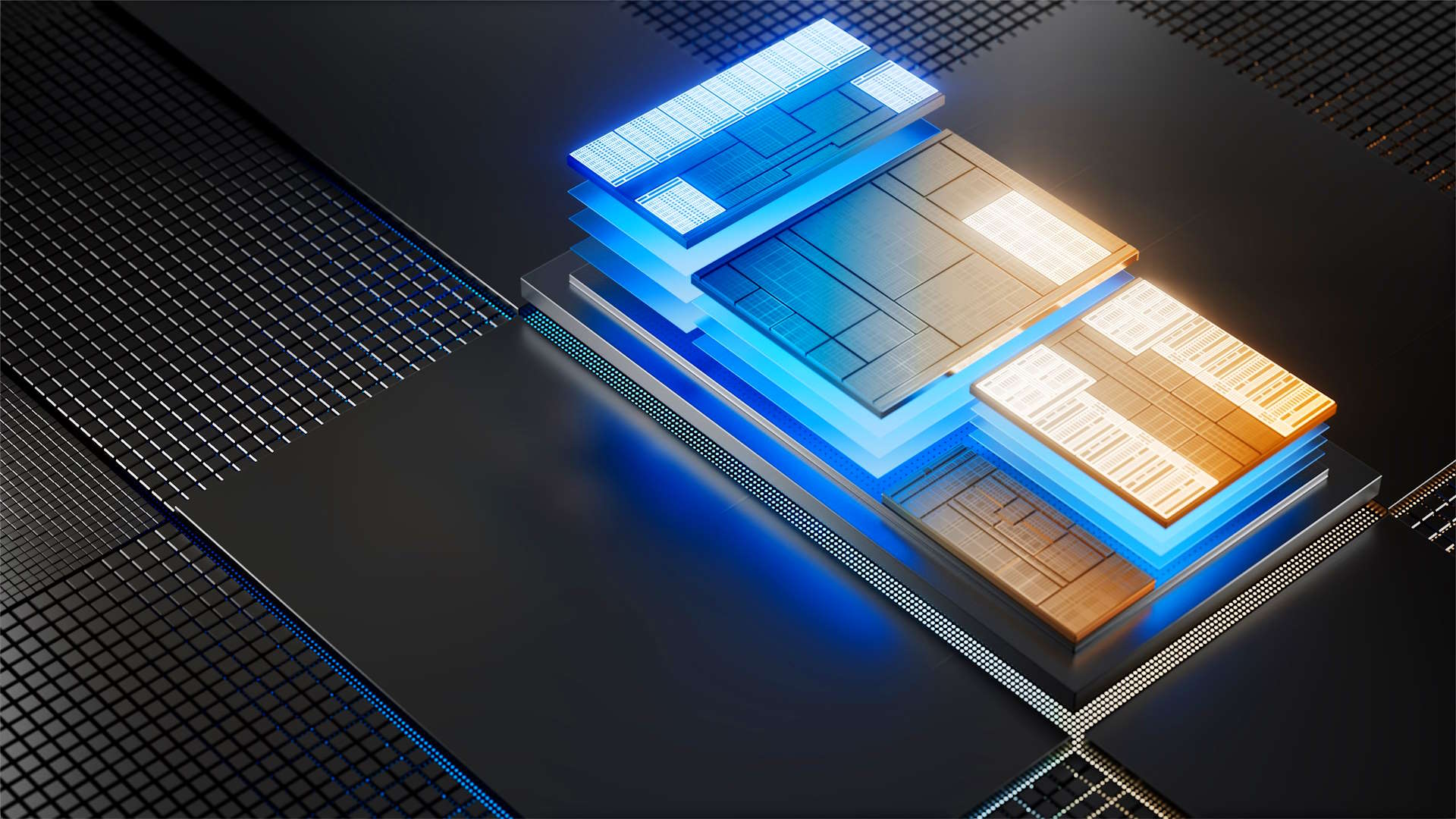
Normally CPU performance increases with newer generations but, according to a new leak, the upcoming Intel chips may be going against the grain.
A new leak reveals that the Intel Arrow Lake desktop lineup may have a clock speed of up to 5.5 GHz, much lower than its current flagship Intel Core i9-14900KS which can reach up to 6.20 GHz, according to tech leaker MebiuW on Weibo (reported on by Wccftech). Apparently, the upcoming flagship Core 9 Ultra 285K could face a potential drop of 700MHz compared to its predecessor, which is rather large.
Of course, if Intel’s architectural improvements are large enough, then clock speed may not be nearly as important as in past generations. But MebiuW has a response to that proposal and it doesn’t look good for Intel if true. It seems that the single-core performance of the 285K might not be greater than 12% of the 14900KS’s. In other words, while the former might be a little faster, it won’t be by much.
Why this could be a good decision
Intel has been struggling to compete with AMD for having the best processors for gaming. There have been widespread reports of 13th and 14th-Gen Core i9 CPUs crashing while playing games, and in some cases even refusing to boot up Windows 11. In response, the manufacturer has asked motherboard makers to limit power settings to reduce energy consumption.
Intel usually relies on its processors’ fast clock speeds to give them the performance edge against AMD’s. But If the leaks concerning the Intel Arrow Lake end up being true (which it hasn’t been confirmed by Intel in any official capacity yet), then the manufacturer lowering clock speeds on its chips could be directly related to this issue.
Team Red has already demonstrated that clock speeds aren’t necessary for solid gaming performance, as the Ryzen 7 7800X3D is incredibly fast in its own right thanks to its large stack of L3 cache. So this easily could be a case of Team Blue taking a page from its competitor’s book while preventing the same mistakes plaguing current and last-gen chips from repeating itself in the new gen.







